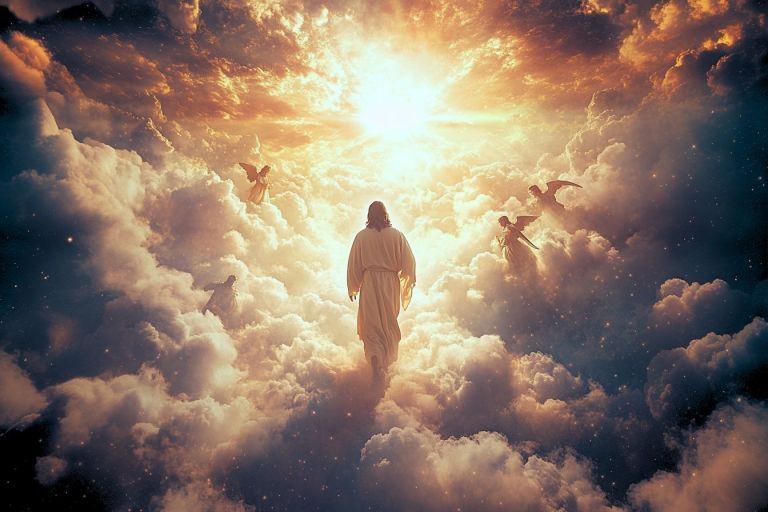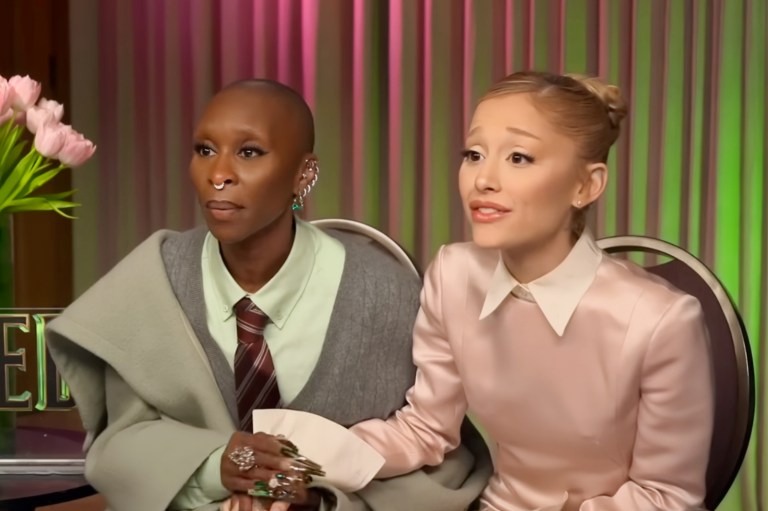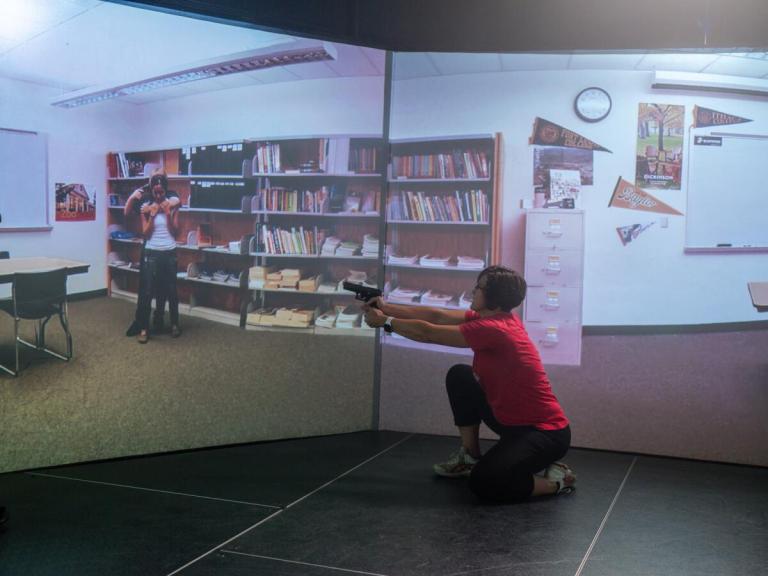
30 Badass Quotes From Powerful Women

Carrie Chapman Catt. As Susan B. Anthony’s successor, Catt developed a plan to achieve national woman suffrage via constitutional amendment.
Chien-Shiung Wu. Wu helped discover one of the basic laws of physics and revolutionized the study of particle physics, an achievement that helped two of her male colleagues win the Nobel Prize.
Grace Murray Hopper. Hopper was recruited by Harvard in 1943 to work on the first computer in the United States. She built the first complier to translate mathematical notion into machine code.
Mourning Dove. Dedicating her life to chronicling her native culture, Mourning Dove explored the struggles of being biracial.
Amelia Earhart. Adventurous in her pursuits, Earhart spent her life promoting women’s participation in aviation as well as helping to develop the commercial airline industry.
‘Very well,’ I said angrily, ‘Start the man, and I’ll start the same day for some other newspaper and beat him.’
Nellie Bly. Known for her courageous investigative journalism, Bly took on such subjects as political corruption and inequality for working women. Most notably, Bly went undercover at a women’s institution to report brutality on the inside. Posthumously, Bly has been eulogized “the best reporter in America.”
Emmeline Pankhurst. Pankhurst was one of the earliest organizers of the woman suffrage campaign in Britain, conducting a relentless forty-year fight against the national government.
Susan B. Anthony. Anthony worked tirelessly towards reforming women’s roles in American society, most notably in the women’s suffrage movement.
Sarah M. Grimke. One of the first women to speak publicly against slavery and in favor of women’s rights in the abolitionist movement.
Josephine Baker. Known for her dancing, singing, and acting, Baker also made major contributions to the Civil Rights Movement, and was offered to take over for Martin Luther King, Jr. after his assassination.
Wilma Rudolph. Overcoming polio as a child, Rudolph went on to become the first female triple Olympic gold medalist in track and field.
Jeannette Rankin. An early social reformer and pacifist, Rankin became the first woman elected to the U.S. House of Representatives and was the only member of Congress to vote against declaring war on Japan after the attack on Pearl Harbor.
Belva Lockwood. Lockwood became one of the first female lawyers and ran for president in 1884 and 1888, making her the first woman to appear on the official ballots.
Clara Barton. Nurse, patent clerk, humanitarian, teacher, and founder of the American Red Cross.
Lucy Stone. A principle leader of “pragmatic” suffragists, Stone is also remembered as among the first women to keep her maiden name when she married.
Jane Goodall. Goodall’s research has left an enormous impact on such fields as primatology, anthropology, and human physiology.
Frances Perkins. Becoming the first female cabinet member, Perkins created reforms in workers safety, child labor laws, and wage and hour regulations.
Fannie Lou Hamer. Best known for her contributions in securing federally guaranteed voting rights for African Americans.
Helen Keller. Blind and deaf from age two, Keller later graduated cum laude from Radcliffe College.
Mary Wollstonecraft. Wollstonecraft’s A Vindication of the Rights of Woman was revolutionary in its advocacy for women’s education.
Margaret Sanger. American nurse and sex education activist, Sanger fought for years to make birth control a fundamental human right.
Gertrude Stein. American Modernist poet and author.
Eleanor Roosevelt. A symbol of independence and political power, widely known as “The First Lady of the World.”
Martina Navratilova. Widely known as one of the best tennis players of all time, Navratilova has been outspoken on issues of equality and gay rights.
Maya Angelou. Renowned American writer and activist.
Hillary Clinton. United States Secretary of State, U.S. Senator, and First Lady of the United States.
Lucille Ball. American Comedienne.
Simone de Beauvoir. French writer of feminism and existentialism, well known for her work, The Second Sex.
Dorothy Parker. American writer, poet, and satirist.
Rosalind Franklin. British biophysicist best known for her work on the X-ray diffraction images of DNA and the discovery of DNA’s double helix. ![]()











